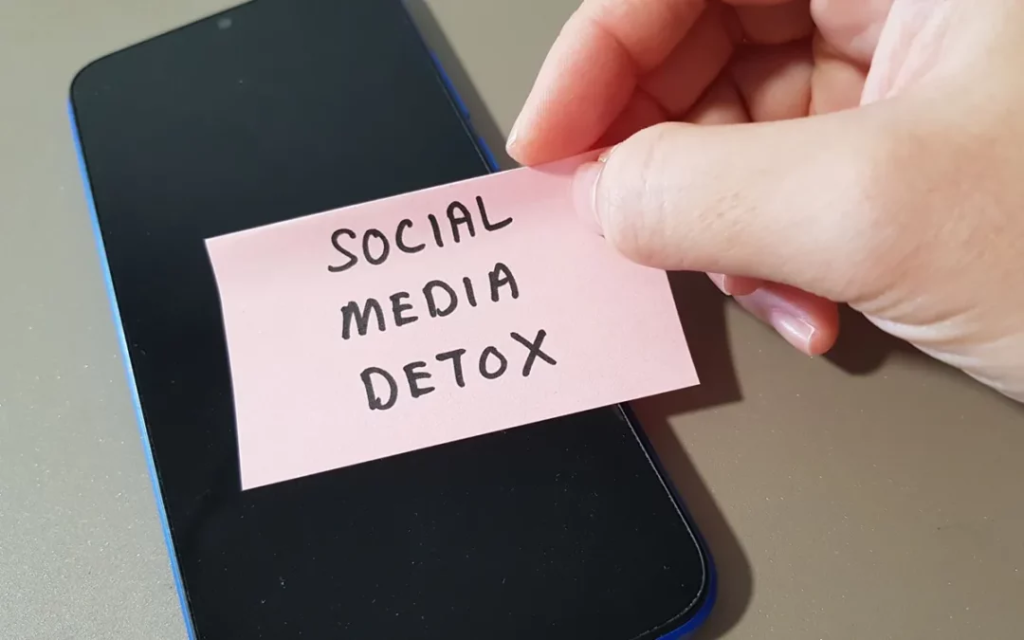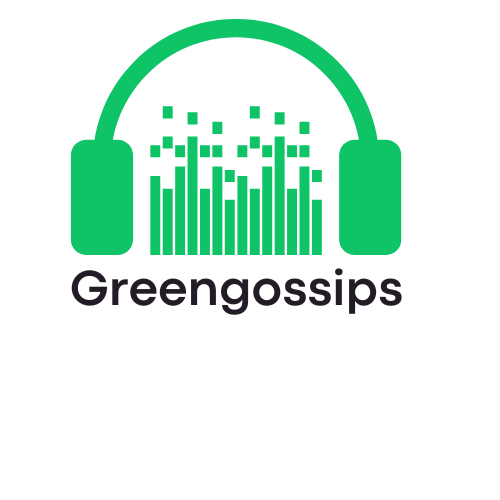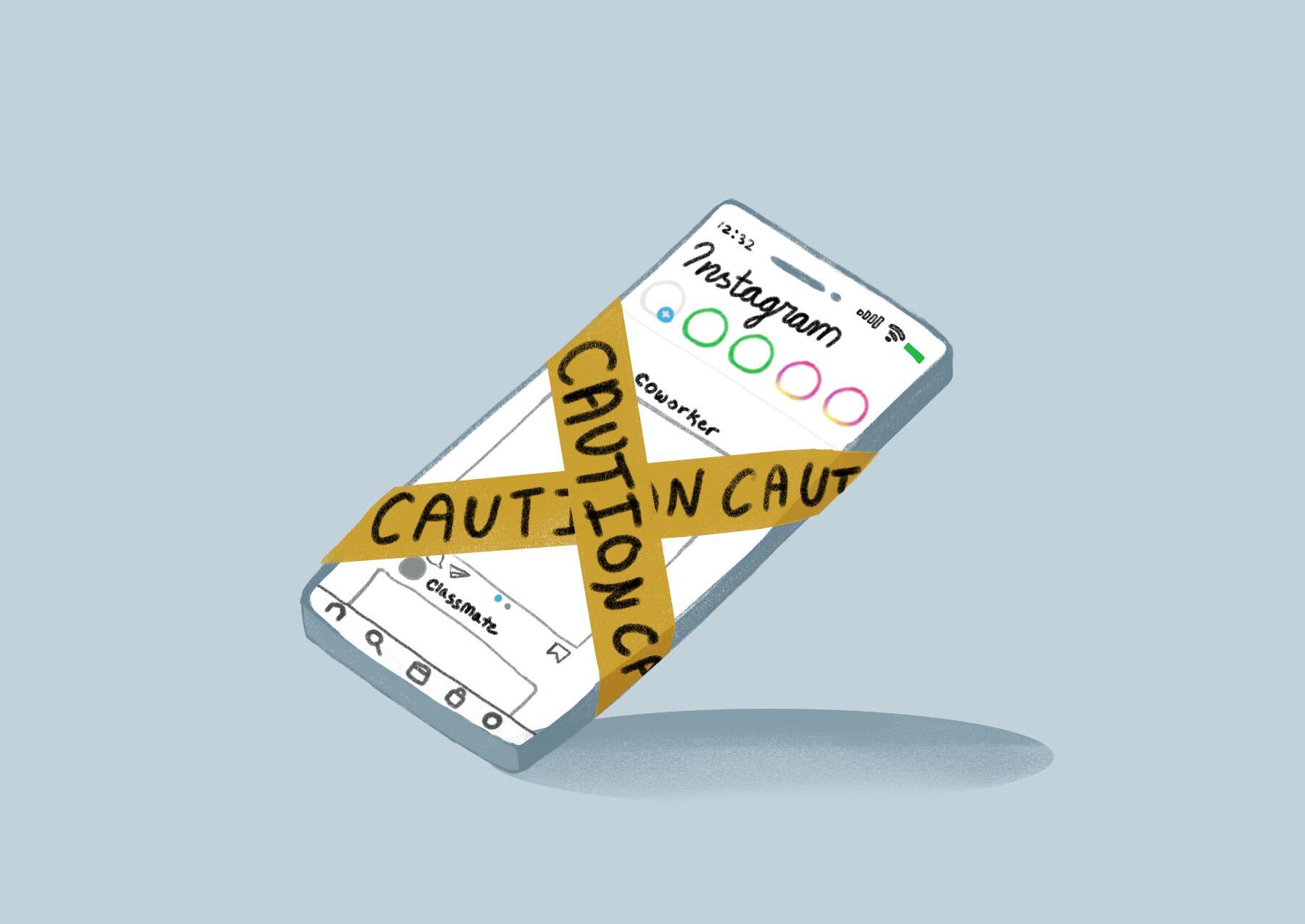In an era where social media is intertwined with daily life, more people are consciously stepping away from platforms like Instagram, Facebook, and TikTok. The constant stream of updates, notifications, and curated content has led to growing awareness about the toll social media takes on mental health, productivity, and personal relationships. In 2024, the concept of a “social media detox” has gained popularity as individuals seek balance in their online and offline lives.

This article explores the reasons behind this trend, the benefits of disconnecting, and the challenges users face when taking a break from social media.
The Driving Factors Behind Social Media Detoxes
- Mental Health Concerns
Excessive social media use has been linked to increased rates of anxiety, depression, and low self-esteem. Platforms encourage comparison by showcasing curated highlights of others’ lives, which can lead to dissatisfaction with one’s own. Users are now recognizing the importance of stepping away to preserve their mental well-being. - Overload and Burnout
The overwhelming volume of content on social media, from news updates to endless scrolling, contributes to decision fatigue and digital exhaustion. Users feel drained by the constant demand for engagement, leading many to seek respite through detoxing. - Productivity Loss
Frequent notifications and the addictive design of social platforms disrupt focus, reducing productivity. Individuals are turning to social media detoxes to reclaim their time and direct attention to personal or professional growth. - Desire for Meaningful Connections
Despite its ability to connect, social media often fosters superficial relationships. A detox allows individuals to prioritize deeper, real-life connections, enriching their personal and social lives.

Benefits of a Social Media Detox
1. Improved Mental Health
Taking a break from social media reduces exposure to toxic interactions, comparison stress, and negative news. Users report feeling less anxious, more focused, and better equipped to manage their emotions.
2. Better Sleep Quality
Blue light emitted by screens and the habit of late-night scrolling disrupt sleep patterns. A detox encourages healthier pre-bedtime routines, promoting better rest and overall well-being.
3. Enhanced Productivity
Without constant distractions, individuals can focus more effectively on work, studies, or hobbies. By eliminating the pull of notifications, users often find themselves achieving more in less time.
4. Reconnection with Real Life
A detox encourages mindfulness and engagement in offline activities. Whether it’s spending quality time with loved ones, enjoying nature, or exploring hobbies, users find greater fulfillment in real-world experiences.
Challenges of Taking a Social Media Break
- Fear of Missing Out (FOMO)
Social media thrives on updates, trends, and interactions. Disconnecting can lead to feelings of exclusion or missing important events. - Breaking Habits
For many, checking social media is a deeply ingrained routine. Breaking this habit requires conscious effort and alternative activities to fill the void. - Social and Professional Pressure
Friends, family, and work expectations can make it difficult to step away. Some individuals face criticism or pressure to stay connected, complicating their detox efforts.
Strategies for a Successful Social Media Detox
- Set Clear Goals: Define why you’re taking a break and what you aim to achieve, whether it’s better sleep, reduced stress, or more meaningful interactions.
- Start Small: Gradually reduce usage instead of quitting abruptly. Begin with screen-free hours during the day.
- Communicate Your Plan: Inform close friends and family about your decision to ensure their support and avoid misunderstandings.
- Find Alternatives: Replace social media time with hobbies, physical activity, or personal projects to maintain engagement and fulfillment.
- Limit Temptations: Disable notifications or delete apps temporarily to minimize triggers.

Final Thoughts
Social media detoxes are more than a trend; they are a response to the challenges of a hyperconnected world. By taking intentional breaks, users can enjoy improved mental health, better productivity, and deeper personal connections. While the journey to reduce social media dependence isn’t without its hurdles, the rewards of a balanced digital life are well worth the effort.
By embracing these practices, individuals can regain control over their time and attention, creating a healthier relationship with technology in an always-online era.



